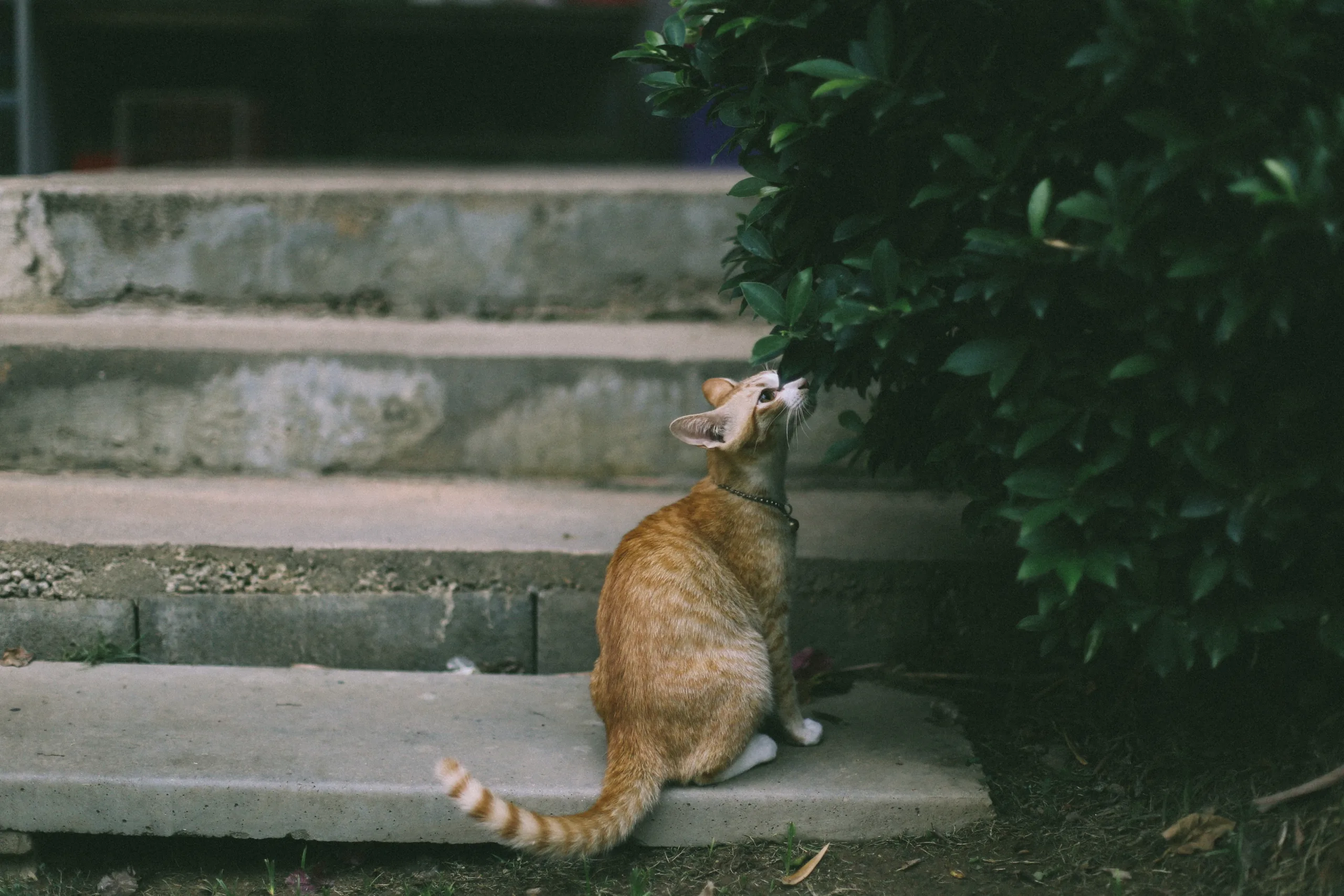For garden enthusiasts and homeowners who are tired of finding feline visitors in their flower beds or vegetable patches, finding effective and humane ways to deter cats is essential. While cats are beloved pets, their tendency to use gardens as litter boxes can be frustrating. In this article, we’ll explore natural methods to keep cats away from your outdoor spaces using plants that cats find unappealing. We’ll also address common questions about deterring cats and maintaining a cat-free environment.
For more about cats click here
Understanding Cat Behavior
Cats are territorial creatures, and their scent-marking behavior is instinctive. When a cat perceives a place as safe and comfortable, they might leave behind urine or feces to establish their presence. While this behavior is natural for cats, it can be bothersome for homeowners who want to maintain a clean and pest-free garden.
Plants That Deter Cats
Fortunately, there are several plants that cats find repellant due to their strong scents or textures. Incorporating these plants into your garden can discourage cats from venturing into your outdoor space.
- Lavender: Cats dislike the strong aroma of lavender. Planting lavender around your garden borders or near areas you want to protect can deter them.
- Rosemary: This aromatic herb has a scent that cats tend to avoid. Plant rosemary in pots or along pathways to create a cat-free zone.
- Rue: Rue, also known as herb-of-grace, emits a scent that cats find unpleasant. However, it’s essential to handle rue with care, as its sap can cause skin irritation.
- Coleus Canina: Also known as “Scaredy Cat Plant,” Coleus Canina emits an odor that cats dislike. Its small purple flowers and unique scent make it an effective deterrent.
- Pennyroyal: Pennyroyal, a member of the mint family, has a strong scent that cats tend to avoid. Plant it around your garden to create a natural barrier.
- Citronella: Citronella is well-known for its ability to repel insects, but cats also dislike its scent. Consider planting citronella plants in areas prone to cat visits.
Natural Ways to Maintain a Cat-Free Garden
- Mulch: Cats dislike the texture of mulch, especially if it’s made from materials like pine cones or citrus peels. Spread mulch in areas where you want to deter cats from digging.
- Chicken Wire: Lay chicken wire on the soil’s surface to prevent cats from digging. Make sure the wire is placed a few inches beneath the soil to keep them from digging underneath.
- Motion-Activated Sprinklers: Install motion-activated sprinklers that release a burst of water when they detect movement. Cats dislike getting wet and will likely avoid areas protected by these devices.
- Citrus Peel: Cats dislike the scent of citrus. Scatter citrus peels around your garden to create a natural deterrent.
- Ultrasonic Devices: Ultrasonic devices emit high-pitched sounds that are unpleasant to cats but inaudible to humans. These devices can help keep cats at bay.
Addressing Common Questions
Q1: What smell do cats hate the most? Cats dislike strong and pungent scents like lavender, rosemary, rue, and citronella.
Q2: What is the best plant repellent for cats? Lavender, rosemary, and coleus canina are among the best plant repellents for cats.
Q3: How do I stop cats from pooping in my garden naturally? Use natural deterrents like planting cat-repellent plants, placing chicken wire, using motion-activated sprinklers, or using citrus peels.
Q4: How do I get rid of neighbors’ cats in my yard? Communicate with your neighbors about the issue and consider using the aforementioned methods to deter cats from your yard.
Ensuring a Garden Harmony
Creating a cat-free garden using natural methods benefits both your outdoor space and the feline friends that inhabit your neighborhood. By incorporating plants that cats dislike and implementing humane deterrents, you can maintain a harmonious garden environment. Remember that deterring cats doesn’t mean harming them; it’s about finding ways to peacefully coexist and protect your garden sanctuary. As you transform your garden into a cat-free zone, you’re contributing to a balanced and beautiful outdoor space that both humans and cats can enjoy in their own unique ways.
External Resources for Natural Cat Deterrents
For more insights into natural ways to deter cats from your garden, consider exploring these resources:
- The Humane Society of the United States – Deterrents for Keeping Cats Out of Gardens
- Royal Horticultural Society – Plants That Deter Cats
In Conclusion
Maintaining a cat-free garden is achievable through a combination of strategic planting and gentle deterrent methods. By understanding cat behavior and preferences, you can create an environment that cats find unappealing without causing harm. As you embark on this journey, appreciate the beauty of your garden and the role you play in nurturing a space that brings joy to both humans and nature alike.
